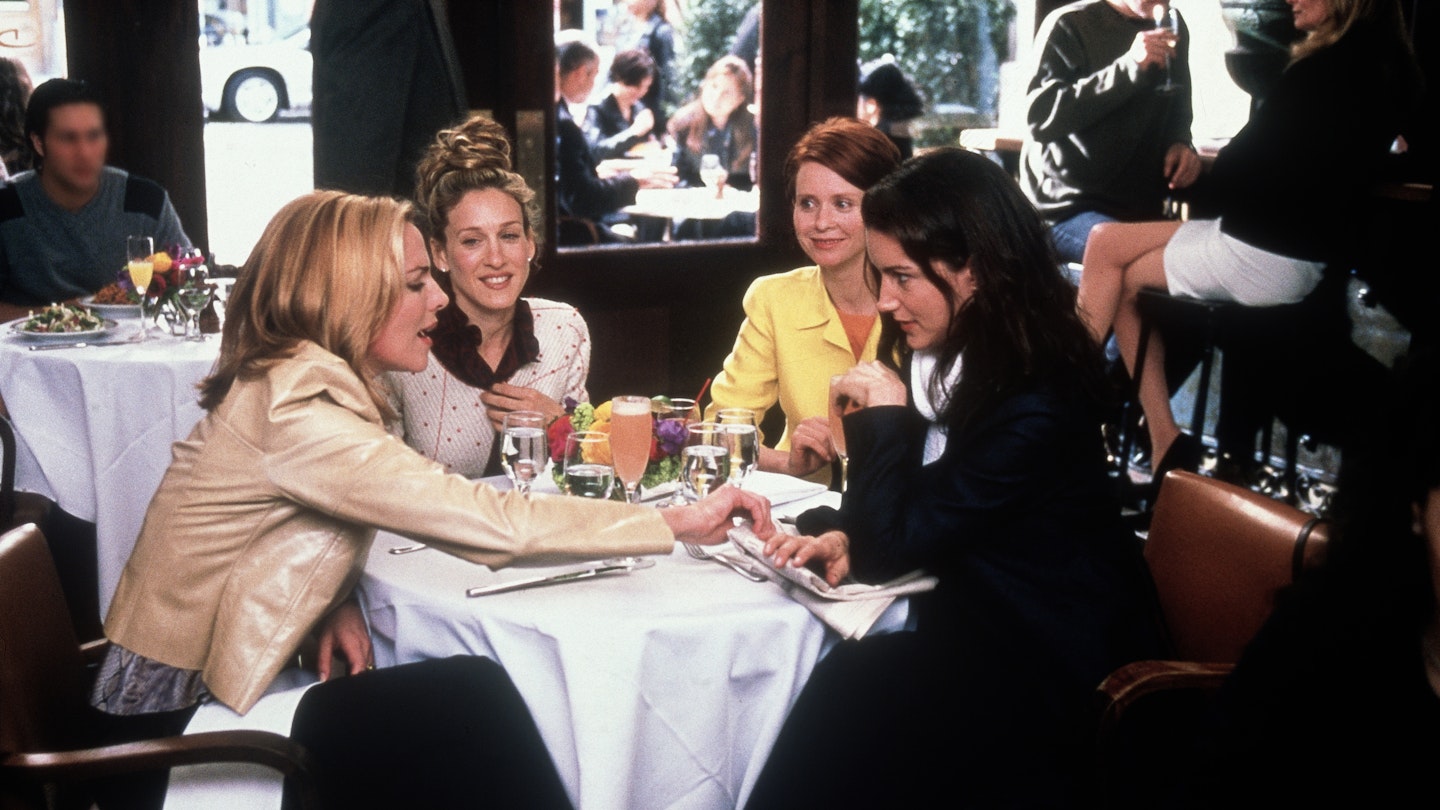I tried to kidnap an old lady the other day. I spotted her on the street and asked whether I could give her a hand. She smiled and pointed in a northerly direction. I assumed this was a request for assistance, so I started pushing her wheelchair and enthusing about what a beautiful day it was. I didn’t notice her telling me to stop until a barista ran down the street after us. She had been happily waiting outside for a cappuccino and was more than capable of getting about on her own, thank you very much.
I don’t make a habit of running off with the elderly, but I was trying to be nice, you see. Because a) the world could use a bit more bonhomie right now, and b) we are not nearly as agreeable as we think we are, according to new research. Psychologists at Goldsmiths University have discovered that 98 percent of us believe we’re among the nicest 50 percent of the population. We’ll hold open doors for strangers and give up our seats on public transport, but two thirds of us admit we rarely help people with heavy shopping bags and only a quarter regularly give blood.
What’s going on? Have we become nice-issists deluded by a belief in our own virtuousness? I like to think I’m a fairly decent sort. I donate to charity, share desserts (provided I get the bigger half) and tell people when they’ve got food on their face (it happens). I’ve never given blood, though, despite being asked by a friend. If this study is anything to go by, then baby, now I’ve got bad blood.
Determined to change my ways, I jumped at Grazia’s challenge to be as nice as possible for a few days. En route to yoga, I bounded on to the bus with a cheery ‘Good morning!’ to all. Only one person looked up from their phone, nervously returning my greeting before placing her bag on the seat next to her.
There are lots of tipping points that can throw people off their niceness game – my Achilles heel is clearly Peppa Pig
The next day, our flat was being repainted to cover up a damp patch.
My husband said he’d cover the furniture before heading to work, but I got up early to do it myself to surprise him. And when the handyman arrived and asked for a coffee, I gave him the fancy beans – not instant – and nipped out to the shop for a packet of biscuits, too. He called me a ‘top lady’. I was buzzing. Later, I let a stressed-out mum in the supermarket skip ahead in the queue. I felt all warm inside.
But the rest of the day went less smoothly. The weather took a turn for the worse, I had a mini work crisis and lost a favourite earring. Then came the pensioner kidnap incident and, suddenly, I felt embarrassed that I’d put myself out there to do a good deed and created an awkward situation instead.
Perhaps still smarting, the next day I felt less goodwill towards my fellow man. On the train, a dad put cartoons on his iPad at full blast to pacify his screaming toddler. Apparently, there are lots of tipping points that can throw people off their niceness game – my Achilles heel is clearly Peppa Pig, as I gave him a glare instead of a friendly smile.
Does that mean being nice is only skin deep? I guess it depends on your criteria. I know a guy who always gives up his seat on the Tube, but has cheated in every relationship. Nice, yes; kind, not so much.
Am I any nicer after two days of enforced goodwill? Probably not,
but I’m not sure it’s all that simple to measure niceness anyway. What I have discovered is that, while ‘nice’ might lack the depth of other virtues, the fact is, it feels good to be pleasant. So maybe we should all be aiming to get into that top 50 percent for real.
READ MORE: People Are Nicer Than They Think They Are, Study Finds
